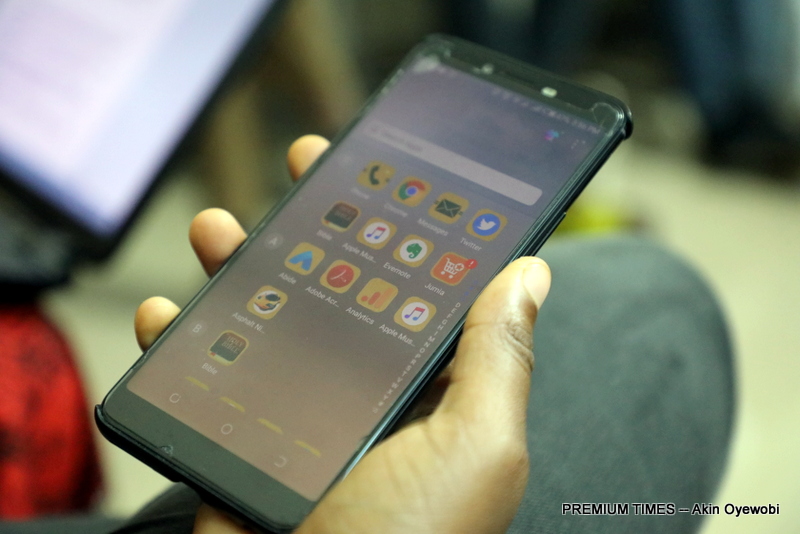A professor at the Department of Sociology, University of Ilorin (UNILORIN), Noah Yusuf, has advised parents and guardians to be mindful of the quality of materials, particularly phones, they buy for their children and wards in order not for them to be prone to kidnappers, robbers and other criminals.
Professor Yusuf, who is also the vice chancellor of the Al-Hikmah University, Ilorin, gave this advice recently while addressing a forum in Ilorin.
The renowned academic explained that “the kinds and qualities of phones among other materials that are purchased for the youths these days, particularly those who are still in the higher institution, have been found to be enticing criminals, which also spur them to either rob or kidnap such students in order to steal such property from them.”
Professor Yusuf added that while the usage of phones is now very essential for students as it aids teaching and learning, he explained that less expensive ones, which would serve the same functions, could be bought for them, thereby protecting them from criminally-minded individuals and groups.
He added that “buying phones worth N1 million or higher sums for students is not advisable since such students could make do with phones that are also of good quality but less expensive.”
Citing a recent case, the don said that a female student in his university was robbed of her highly expensive phones twice by her boyfriend who believed that he would make much money if he was able to dispossess the girl of her expensive phone.
Professor Yusuf explained that following the first case of robbery, “the parents of the girl bought her a better version and a more expensive phone after the first one only for the boyfriend to arrange for how to steal the second one.
He advised parents to cultivate the habit of paying unscheduled visits to their children and wards while in school, for them to know the kind of friends they are moving with and to observe and detect the attitudinal changes in them to swiftly correct them.







